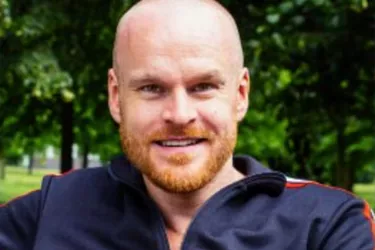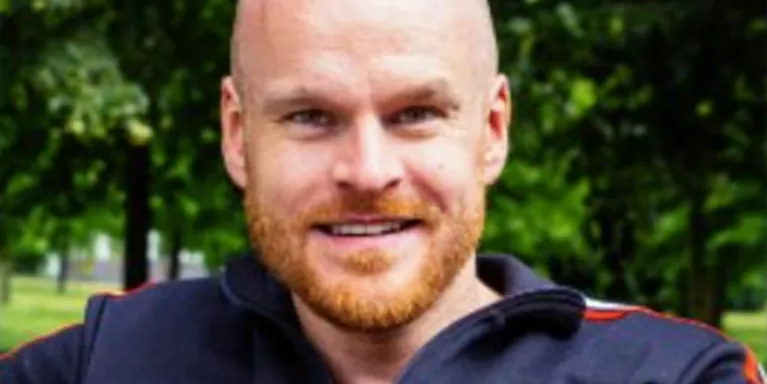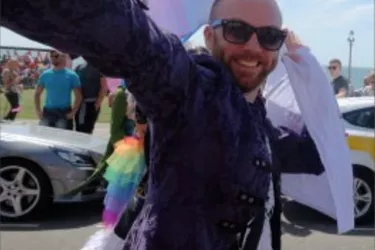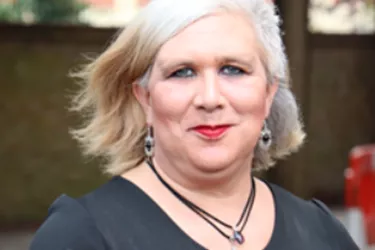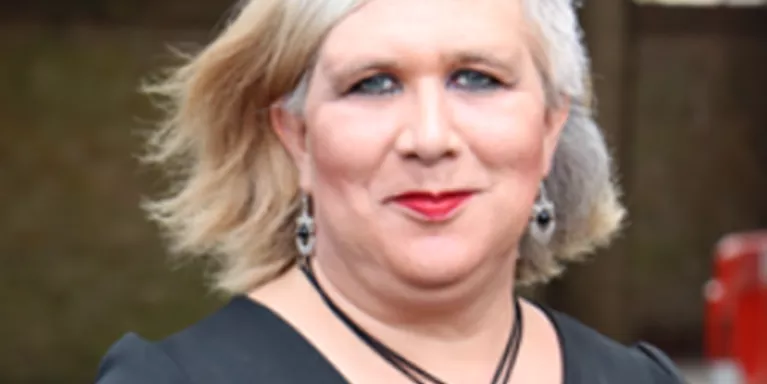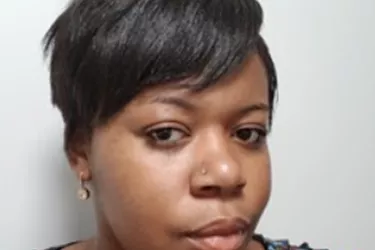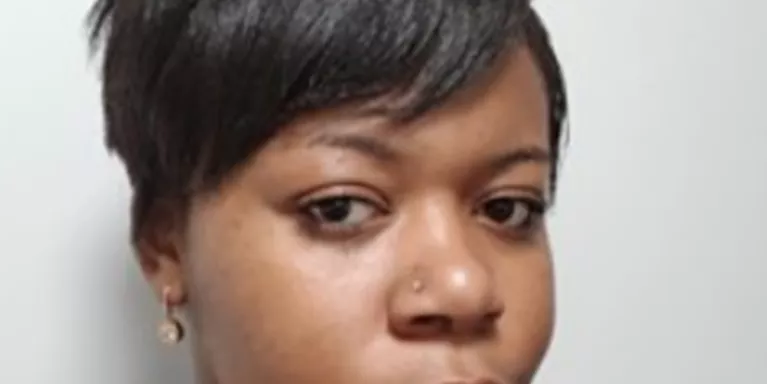Racism and homophobia damaged my mental health
Julien blogs about the discrimination he has endured while embracing his sexuality.
Being able to express my sexuality impacts on my mental well-being. If I cannot be true to myself, this creates stress and anxiety, ultimately leading to depression.
I was never in denial of my sexuality. However, in my teens, I became aware that I was sexually attracted to boys rather than girls. I had sexual encounters with boys and girls but found that my preference was for boys.
“Growing up in the Caribbean, there was no sex education. I initially thought that I was a freak.”
Growing up in the Caribbean, there was no sex education. I initially thought that I was a freak. I was not aware of same-sex attraction. As a teen, I was assaulted by three boys while swimming in the sea. I am in England because of this incident. An adult witnessed it, and instead of the perpetrators being punished, my father blamed me and took me away from the environment.
I was always the sensitive boy who hung out in the library after school and went on adventures in the rainforest with his dog. Being sensitive and being attracted to men made me feel that I had invited this attack upon myself. In addition, my attackers taunted me for not being part of the crowd.
I first explored my sexuality at university. I joined the gay and lesbian group during freshers' week at Manchester University. I had a wonderful time in Manchester, despite the cloud hanging over the gay community with the advent of Aids in the mid to late 1980s.
I attended a gay friendship group and regularly went clubbing. I later realised Manchester was not the norm for English cities when it came to accepting gays.
Being bullied and ostracised
After my foundation course in Manchester, I started a degree at Sheffield University. My experiences there were diametrically opposite to those at Salford University. My colleagues bullied and ostracised me. I had pornographic images on my desk. They also left copies of the Sun newspaper on my desk featuring pictures of gay men with Aids and accompanying denigrating headlines.
Instead of supporting me, my tutors decided to kick me off the course despite my having passed all my assignments. With the help of the university chaplain, my then-boyfriend, and the student union, we successfully overturned this decision.
During those challenging times in University I experienced a breakdown. I felt numb and to take this away, I decided to drink alcohol. Arriving at the shared student house, I collapsed and had a seizure. My flatmates decided that they did not want me in the house so they called an ambulance. I was taken to a medical centre and left alone with a nurse. I couldn’t stop sobbing. I saw education as an escape route and the idea of failing was unbearable. The nurse decided she could not cope, so she wanted to admit me to a mental health hospital. I sensed that she felt threatened by a tall black man crying.
“I did not sleep from the howling, screaming, and crying throughout the night. I was distraught and afraid.”
This was one of the worst experiences of my life. I did not sleep because of the other patients howling, screaming, and crying throughout the night. I was distraught and afraid. I saw a psychiatrist in the morning who decided I should not have been referred to this unit.
In the end I took a year off and then started a new course at another university the following year. Despite my efforts to keep my sexual identity secret, the students soon deduced that I was gay. And again, I encountered racism and sexual discrimination at this new university.
Despite these experiences, I remained true to myself. They did not deter me from embracing my sexuality but they did profoundly impact my mental health.
Embracing my sexuality
My relationship with the label ‘gay’ is problematic. As a young man, I naively believed that the gay scene would be more accepting of minority groups. I had been spoilt by my experiences in Manchester in the mid to late 1980s. I have encountered many incidents of racism on the gay scene. These included individuals expecting me to behave a certain way, i.e, to be hyper-masculine and all the stereotypes associated with this. Individuals have told me that they are not into my type.
"Some people have asked me to role-play master and servant. Negative stereotypes were magnified on the gay scene."
Some people have asked me to role-play master and servant. I cannot wholeheartedly embrace an identity associated with these negative experiences. At the time, many negative cultural and racial stereotypes were magnified on the gay scene. Gay culture, I feel, still worships the ideals of Aryan beauty. The gay scene has many ‘types’, some related to body aesthetics, sexual preferences etc. These, added to the racial stereotypes, make it a challenging environment for people of colour to navigate.
It has been a long journey of acceptance, of acceptance of myself, who I am, my beliefs and my values. I now live for myself. I have had to be compassionate to myself. a big part of this has been accepting my mental health challenges with depression and anxiety. I am taking life a day at a time. I have attended various therapies. I try to practise gratitude and mindfulness. I am taking medication to help me manage my symptoms.
I am an empathic introvert who refuses to adhere to others' expectations. I will not allow gender or racial stereotypes to define who I am and my behaviours. Yes, I am a man who is sexually attracted to men, but first and foremost, I see individuals as human beings. It is important to have platforms for the LGBTQ community to celebrate their identities. Knowing that there are others like me helps me accept that aspect of my identity. We live in challenging times where some people are trying to pull back the gains we have made. Therefore, acknowledging and fighting to overcome personal and group struggles is more critical than ever.


Information and support
When you’re living with a mental health problem, or supporting someone who is, having access to the right information - about a condition, treatment options, or practical issues - is vital. Visit our information pages to find out more.
Share your story with others
Blogs and stories can show that people with mental health problems are cared about, understood and listened to. We can use it to challenge the status quo and change attitudes.










